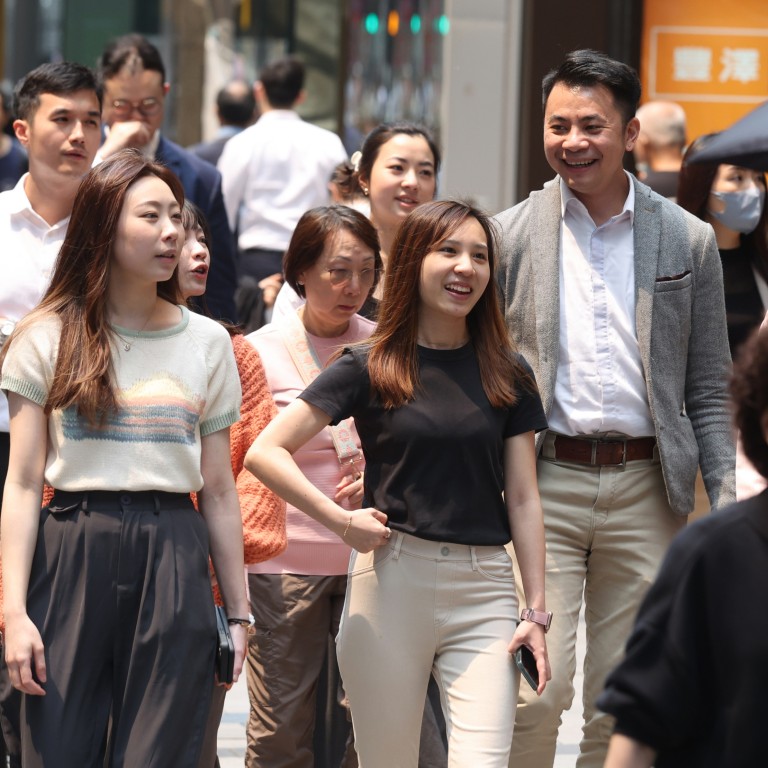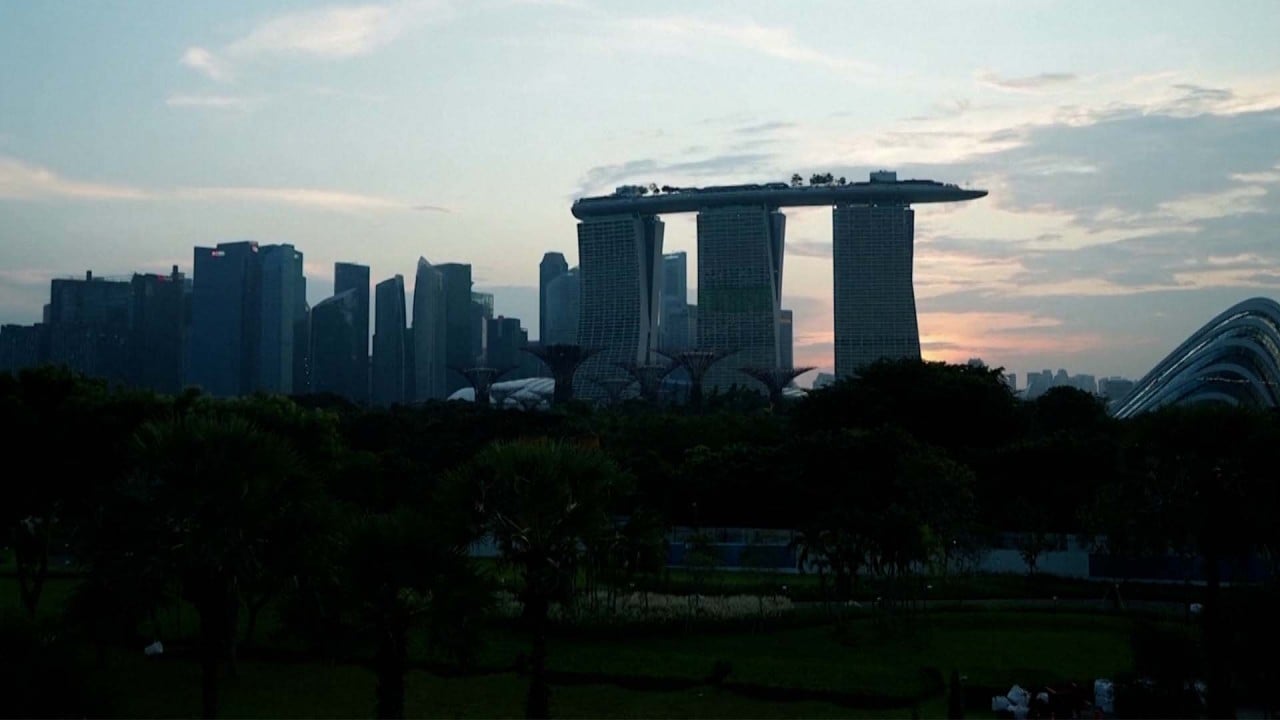
Hong Kong is still drawing foreign talent and businesses as Singapore overheats
- Singapore has become a victim of its own success, with the cost of living skyrocketing on the back of overheated property and car ownership markets
- Meanwhile, Hong Kong’s strong recovery continues to offer abundant economic opportunities in one of the easiest places in the region to live and work
Hong Kong has an excellent track record of being a preferred location for international companies establishing operations in Asia. Our strategic location, international financial capability, common law system and ease of business make us attractive.
It is reassuring that the Hong Kong Trade Development Council has dramatically increased activity through exhibitions, conferences and business missions across its global network of 50 offices.
In the next two months alone, the council is organising or taking part in events in Hong Kong, Guangzhou, Shenzhen, Shanghai, Italy, Malaysia and Thailand. The events cover everything from healthcare, climate and agricultural technology to artificial intelligence marketing trends, shoes, and baby and maternity products.
But other regional powerhouses also feel the effects of the geopolitical and economic turmoil. Singapore, for one, has become a victim of its success – the cost of living has skyrocketed on the back of an overheated property market.
Car ownership in the city state is also prohibitively expensive and the cost of a certificate of entitlement, the permit to own and use a vehicle, has hit record highs. Bidding on the permits recently crossed S$103,000 (US$77,000) for smaller cars and S$124,000 for the “open vehicle” category – and that is before the costs of buying and running a vehicle. These events have left many foreign residents reassessing their options.
‘US$150,000 on a Corolla?’: Singapore drivers park car dreams as costs surge
In contrast, many of us take for granted Hong Kong’s quality of life and high standard of living. We have a distinct history and identity, a vibrant culture and an international outlook. There is also a low crime rate, excellent educational and medical facilities, and one of the world’s best transport systems providing access to outdoor activities to suit most tastes.
After three pandemic years, our economic recovery is well under way and visitors are returning to one of the easiest places in the region to live, work and flourish.
Our dynamic fusion of Eastern and Western cultures continues to offer abundant economic opportunities. This will attract the best talent while strong foreign direct investment will consolidate Hong Kong’s distinct advantage and increasingly important role in international affairs.
Bernard Chan is a Hong Kong businessman and a former Executive Council convenor


